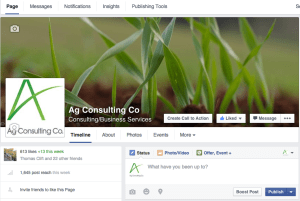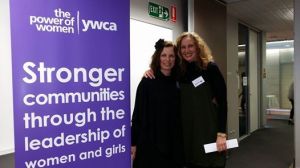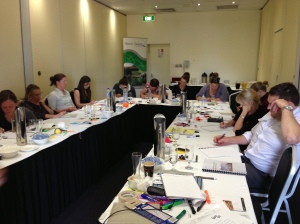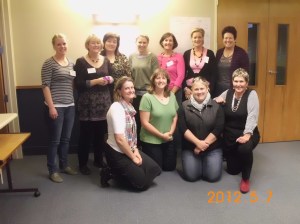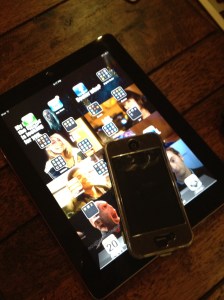Extension virtually
In this time of Covid19 we are all looking for ways to deliver our traditional extension services in the virtual world. I’ve had lots of discussions about the possibilities and to make extension effective. A time of challenge results in change so let’s stop and think about how we can do this really really well and enhance our extension tools rather than just replace what we would have done with another on-line seminar talking at people!
I thought I would share a few of my tips to assist with the planning and creativity. Remember engagement and learning is key so think “interactive”, take a “I’m experimenting” approach and keep it simple.
- Define the workshop outcomes and then design the best approach, just like you would if you were face to face. Don’t get caught up in the excitement of the “virtual tools”, make them work for you. Good quality capacity building/ extension principles should apply regardless of the delivery medium
- Resist using the word “virtual” in your promotion or title, the learning outcome is key, the virtual bit is a by-product of the times we find ourselves in.
- Aim for small groups ie 12 people
- Use an interactive approach – farmers like to learn from farmers and attend events to catch up with each other as much as they do the content.
- Set up the “How we will work together” so everyone knows how to use the mute button, put up their hand, use the chat box etc.
- As with any session facilitation principles apply – ask everyone to introduce themselves, use a short icebreaker.
- Ensure you use very very good power point presentations – maximum number of photo’s, minimum words and content – As Peter Newman always tells me “the information comes out of the presenters mouth not the slides”.
- 90 min chunks of time on-line is enough for each sitting (plan for 60 and allow 90 for flexibility, technology challenges and good interaction)
- If the focus is delivery of content – aim for 15 mins of delivery followed by interaction/ discussion/ questions.
- Use Breakout rooms so smaller groups can “make meaning” of the content they have heard and then come back with questions or comments to the whole group. Breakout rooms can be managed by an Agronomist/ facilitator who has pre-determined questions to guide the smaller conversations.
- Don’t be afraid of sending people off to find something in the field, taking photo’s and send it in for review. Short video’s also work well, use the phone – it’s not about high quality -its about engagement.
- Use the Chatbox, encourage people to post comments, questions and share experiences. Save the chat and use this to provide follow up on a discussion forum or email.
- Have a facilitator to work with the presenter, they can monitor the chatbox, assist with technology and keep close track of the time.
- There are some great tools to assist with the virtual environment, use the ones that add to your event, be wary of cluttering or confusing with too many tools.
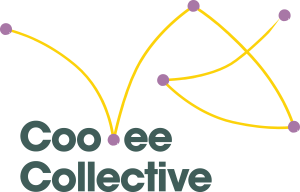
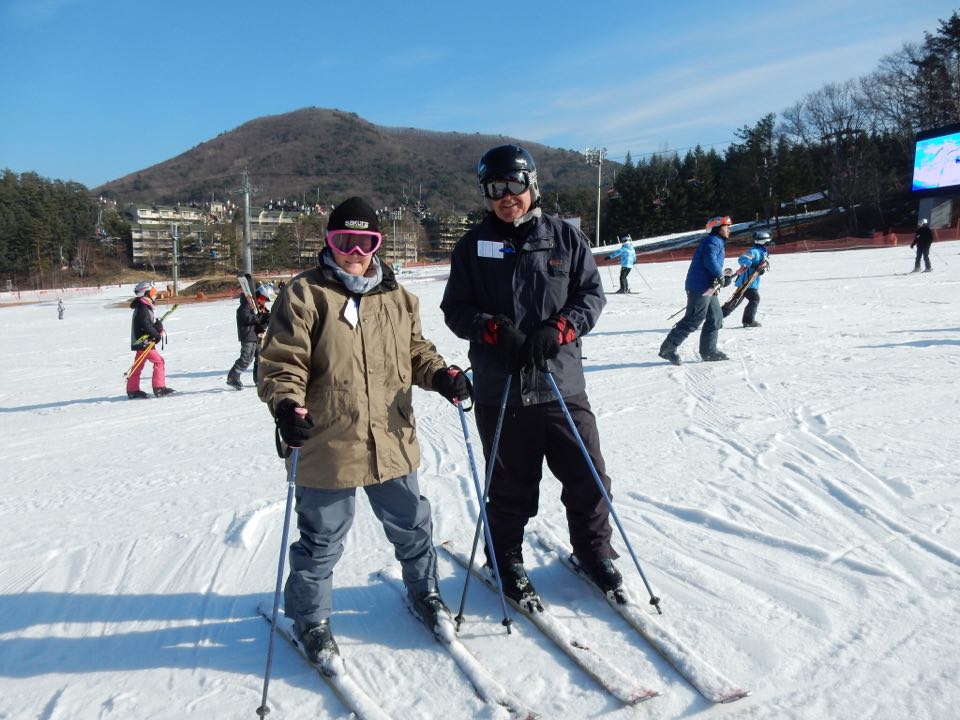 In 2013 I wrote a blog about learning a new skill and related it to my attempts to learn to ski. Well I’ve been back in the snow – this time to South Korea at Yongpong reluctantly having another attempt to ski.
In 2013 I wrote a blog about learning a new skill and related it to my attempts to learn to ski. Well I’ve been back in the snow – this time to South Korea at Yongpong reluctantly having another attempt to ski.